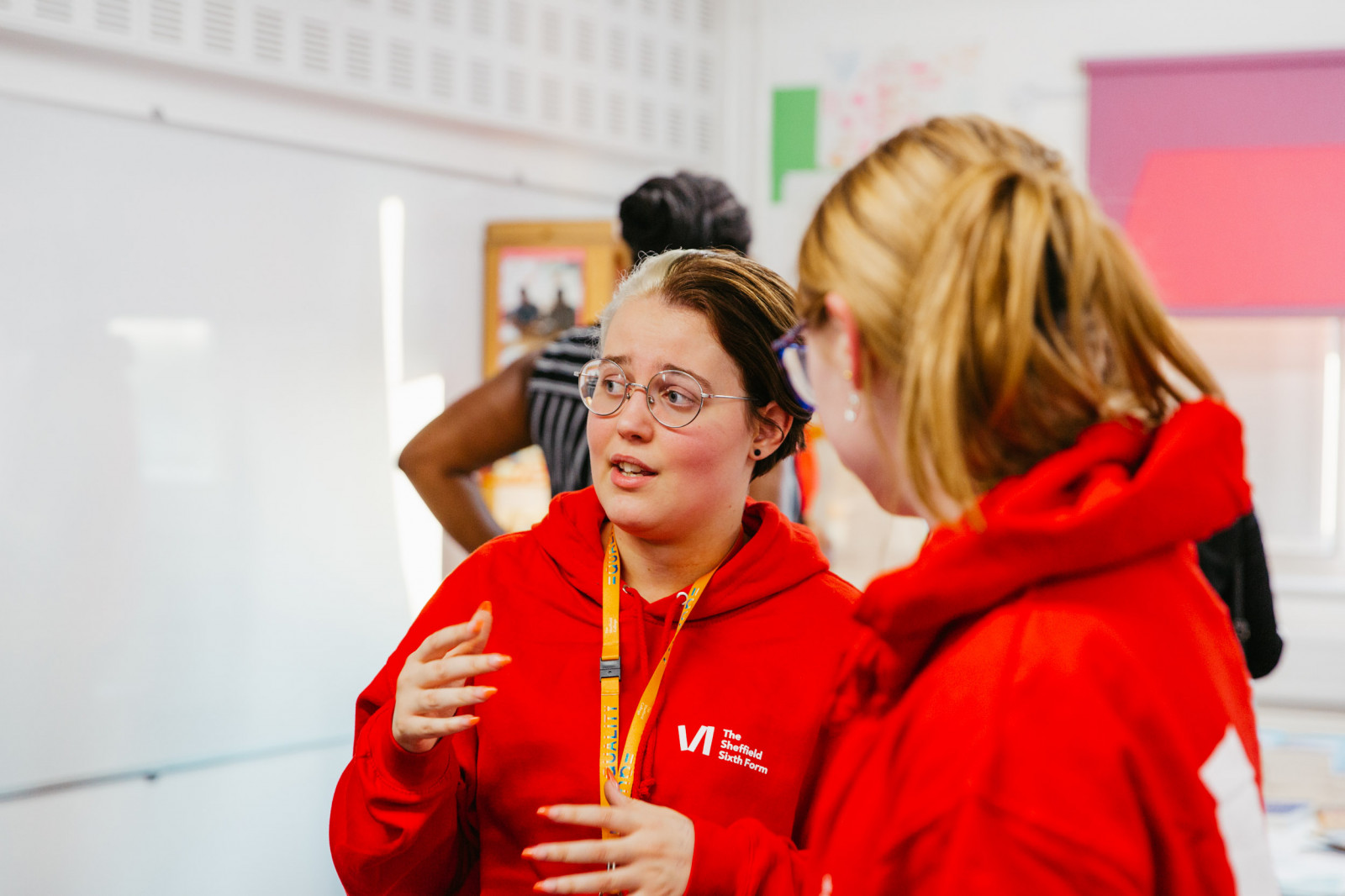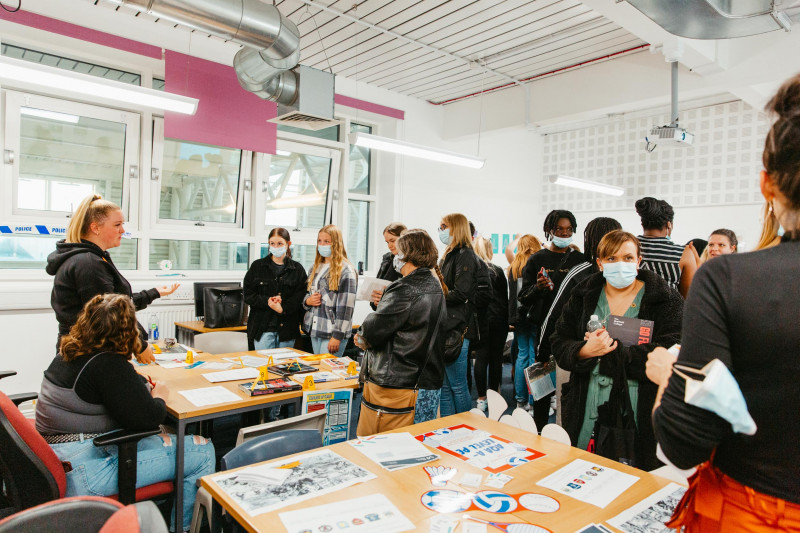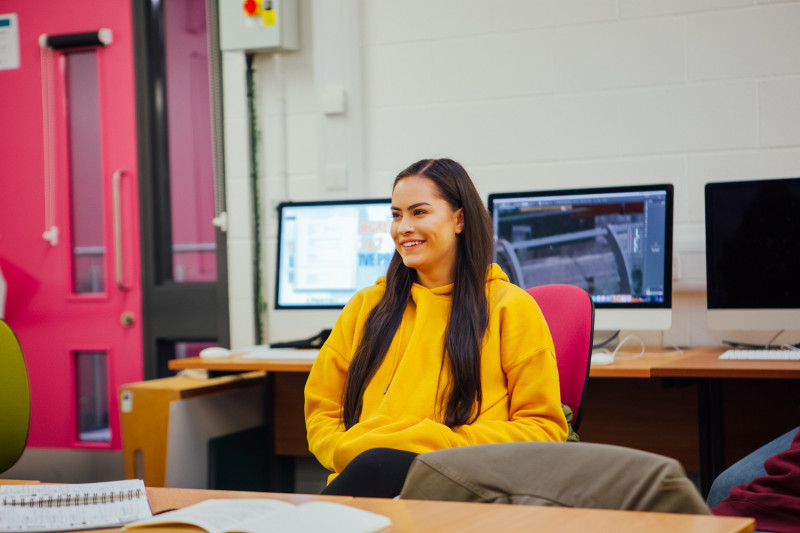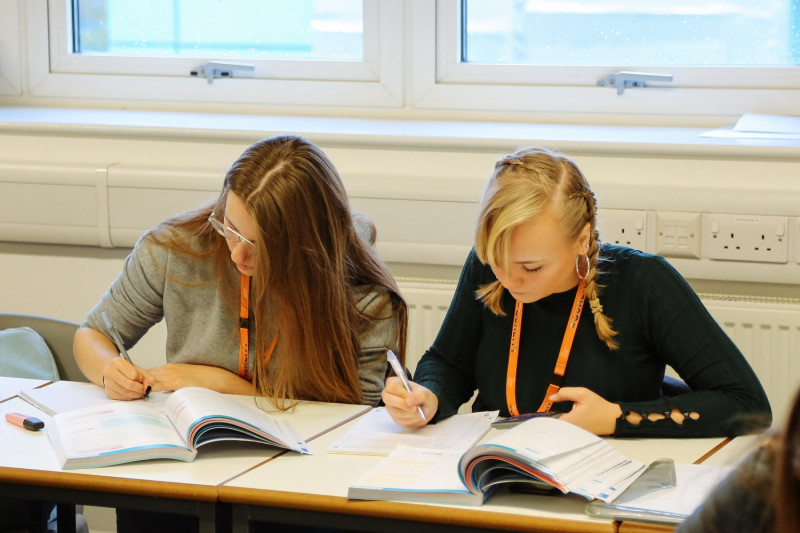Sociology
Sociology is one of the social sciences and, like history and psychology, tries to understand human behaviour in the wider context of society. Sociology particularly concerns the study of social life, offering different explanations and evidence for what affects our social behaviour. Sociologists are also interested in the historical development of societies.
About the Course
Sociology particularly concerns the study of social life, offering different explanations and evidence for what affects our social behaviour. In contrast, psychology tends to concentrate on the workings of individuals’ minds, although there is some overlap. Sociologists are also interested in the historical development of societies.
Whilst psychologists emphasise the experimental method, and historians make great use of secondary sources, sociologists use a wider range of research techniques and sources to find out about social life. You will be expected to become familiar with these methods and answer exam questions about them.
We can all see evidence of social influences and factors, and statistically there are correlations between aspects of social life which sociologists debate. For example, it is widely known that poorer people have worse health and life expectancy than wealthier citizens – but why? It is clear that females commit fewer crimes than males – but why? These would be just two questions you might study, and there will not necessarily be any definitive answers. But there will be a lot of evidence to consider, and a lot of arguments about the topics! Sociology will make you look at everyday life in lots of new ways, so be prepared to be challenged! And be prepared to contribute, too.
Key Units
Year 1
Core Content
Education with Theory and Methods
- Education
- Methods in Context
- Theory and Methods
Optional Content
- Culture and Identity
- Families and Households
- Health
- Work, Poverty and Welfare
Year 2
Core Content
Crime and Deviance with Theory and Methods
- Crime and Deviance
- Theory and Methods
Optional Content
- Beliefs in Society
- Global Development
- The Media
- Stratification and Differentiation
The traditional A Level focus on thinking and analysis ensures that you will approach these topics from a number of different angles, or perspectives, with increasing emphasis on the skill of evaluation in year 2.
Units are subject to change - please check the AQA website for further information.
Entry Requirements
To study 3 A Levels
5+ GCSEs grades 9-4 in different subjects, including English Language and Maths at a minimum of grade 4.
The Sheffield Sixth Form welcomes students who have studied vocational qualifications. However, the minimum entry requirements for the A Level programme, as shown above, must be GCSEs.
Assessment
All of the above units are assessed via external examinations at the end of the second year.
Where does this Lead
Many students go on to university, where Sociology is a long-established subject with strong links to the other social sciences.
Future Opportunities
If, for example, you wished to train as one of the following then you would study some sociology as part of your professional training:
- Lawyer
- Journalist
- Doctor
- Teacher
- Social worker
- Police Officer
- Public Administrator
- Architect
Most careers which involve working with people have some sociological content within their professional training.
Tell Me More
Will this subject suit me?
The ideal student will be interested in current affairs, social, political and contemporary culture, in short, the world around us. You will enjoy the intellectual challenge of debating ideas, enjoy reading about and researching social issues, and be prepared to construct clear, written arguments. Good numerical skills would be advantageous since there will be statistical evaluation.
Personal Study Time
All students are expected to devote as much time outside the classroom to their studies as in lectures. Homework will regularly be set, but students are expected to routinely manage their self-directed study, consolidating work set or undertaken in class.
Successful students are able to apply their knowledge of theories to the real world, by referencing actual events. So you will need to keep abreast of the news, watch TV documentaries and analyse contemporary developments, both to make your study of social life much more interesting and also to gain extra credit.
Transferable Skills
Students who undertake Sociology A Level will be capable of handling evidence, constructing and presenting quite sophisticated arguments, which are excellent skills for any university and professional career.
- Course: P00251
- Start Date: September 2023
- Level: 3
- Area: A Levels
- Campus: City Campus
- Category: School Leavers
Typical entry requirements:
To study 3 A Levels
5 GCSEs at grade 4 or higher, including English Language and Maths
Please note:
- BTEC or vocational qualifications will not be accepted in place of GCSEs
- International applicants must also have IELTS 6.0





